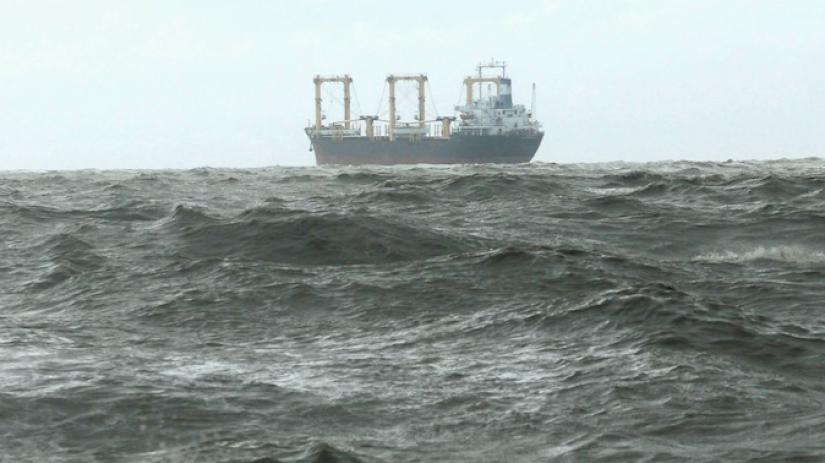
In 1974, the government enacted the maritime border law and after the maritime disputes with India and Myanmar were resolved, the need was felt for changing the old law. Against such a background, the ministry of foreign affairs has formulated a draft of a new law.
Secretary of the Maritime Affairs Unity of the foreign ministry, Mohammad Khorshed Alam, says: “We want to formulate the law taking into consideration the overall development of the maritime area; the draft has been made and will be raised at the parliament as per the government’s wish.”
The 1974 act had 9 clauses while the new one has 116; all of these plus the sub-clauses are related to maritime issues, he added.
“We worked with orders from the highest level of government to formulate a law that will ensure maximum extraction of resources from the sea and increase assistance with other countries.”
We also want to acquire knowledge, for example, 1 kg of Tuna in the international market is $ 15 but no one is investing in this sector, also Spirulina, used to make cosmetics, is being collected by overseas companies from Bangladesh, he commented.
FEATURES OF THE NEW LAW
The draft law states the expansion of the maritime border and the procedure with which the maritime shipping around the area will be controlled. In addition, there will be directives as to how deep-sea resources can be extracted and security related matters.
One clause states that with permission from Bangladesh, foreign submarines and warships can enter Bangladesh waters but if general goods carrying ships pose any threat to Bangladesh then they will be barred from entering.
Another clause says that if a warship, military aircraft and any vessel enters Bangladesh waters without commercial purposes and then sinks or crashes over water then they will be considered properties of Bangladesh.
Without government permission, no ship carrying nuclear waste will be permitted to enter Bangladesh and no ship will be allowed to dump harmful or unhealthy materials at sea. Any ship breaching this will face a criminal case.
The government will have jurisdiction over deep-sea scientific research and no such work can be carried out without proper approval.
Another clause adds that a research organisation will have to share its findings with the government.
The new law will also give clear directions about piracy and other crimes. Methods to increase maritime assistance with other countries and use their knowledge will also be featured.


